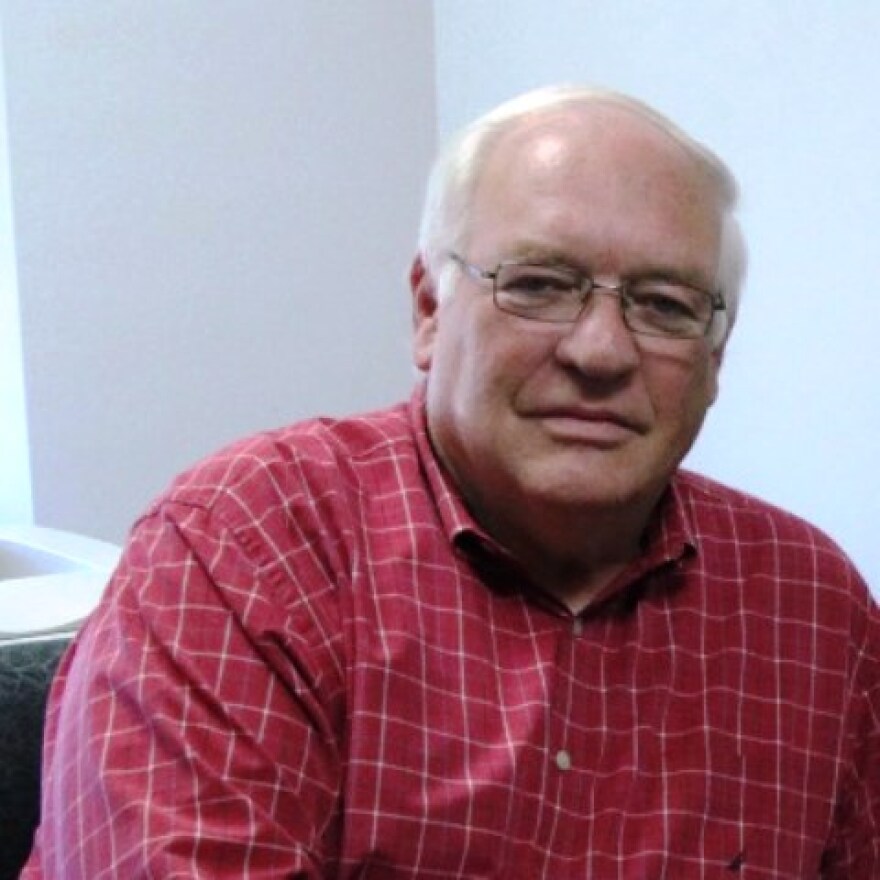Police in cities with substantial murder rates often find themselves backlogged as they work their investigations. New research from a Michigan State University criminologist points to seven American cities that are solving homicides more efficiently. Current State’s Kevin Lavery talks with Professor David Carter.
Police dramas have been a mainstay of American television for decades. Shows like the NCIS and CSI franchises routinely depict the labor of investigators, detectives and forensic scientists as they search tirelessly for the killer of that week’s fictional victim. And it’s all wrapped up in a tidy bow in less than an hour.
We know, of course, that real-life police investigations don’t follow such a smooth script. Law enforcement agencies across the country often deal with backlogs, including murder cases.
A new study from a Michigan State University professor sheds some light on how a few U.S. cities are clearing their homicide files.
Current State’s Kevin Lavery talks with Dr. David Carter. He’s a criminologist at MSU, and a former Kansas City police officer. He and his son Jeremy, a researcher at Indiana University, studied seven cities who have cleared, or solved, at least 80 percent of their homicide cases. Their work appears in this month’s issue of the journal “Homicide Studies.”






